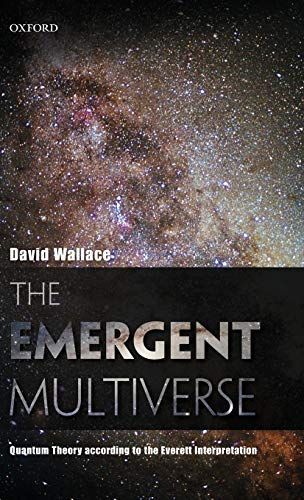
The Emergent Multiverse Quantum Theory According to the Everett Interpretation
The Emergent Multiverse presents a striking and influential new account of the 'many worlds' approach to quantum theory. The point of science, it is generally accepted, is to tell us how the world works and what it is like. But quantum theory seems to fail to do this: taken literally as a theory of the world, it seems to make crazy claims: particles are in two places at once; cats are alive and dead at the same time. The Everett interpretation of quantummechanics takes the apparent craziness seriously, and asks, 'what would it be like if particles really were in two places at once, if cats really were alive and dead at the same time'? The answer, it turns out,is that if the world were like that it would be constantly branching into copies--or 'many worlds'. This idea is not sensationalist: it simply takes quantum theory seriously, literally, as a description of the world, and is now accepted by many physicists as the best way to make coherent sense of quantum theory. David Wallace brings the reader up to date with recent discussion of the Everett interpretation in physics and in philosophy of science; at the same time, he provides a self-containedand thoroughly modern account of the Everett interpretation.